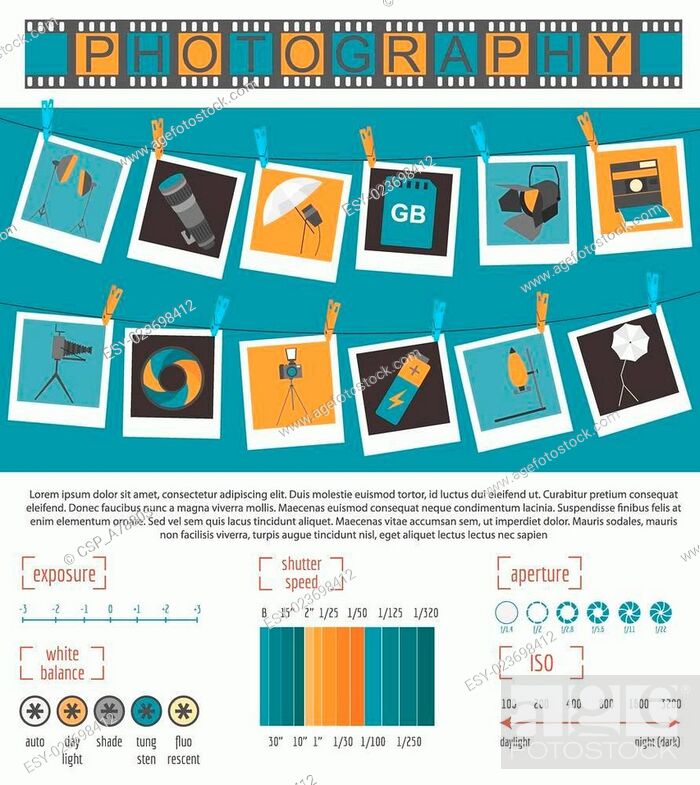Digital Photography Tips For Beginners: Mastering Your Camera Quickly
Digital Photography Tips For Beginners: Mastering Your Camera Quickly
Blog Article
Post Writer-Weber Bryant
When you first grab your camera, it can really feel overwhelming with all the settings and alternatives available. You could find yourself wondering how to navigate aperture, shutter rate, and ISO successfully. Mastering these fundamentals is crucial, however there's even more to photography than just technical knowledge. Recognizing make-up methods and lighting conditions can elevate your pictures considerably. So, suppose you could discover straightforward strategies to improve your skills and begin capturing outstanding pictures quicker than you think? Allow's check out exactly how to transform your digital photography trip.
Recognizing Electronic Camera Settings
Understanding your video camera setups is crucial for recording sensational photos. When you get your camera, familiarize yourself with the three primary setups: aperture, shutter speed, and ISO. Each plays a vital function in just how your pictures end up.
Start with aperture, which regulates the amount of light getting in the lens. A larger aperture (lower f-number) allows extra light and produces a gorgeous history blur, ideal for pictures. Conversely, a narrower aperture (greater f-number) keeps more of the scene in focus, perfect for landscapes.
Next off, concentrate on shutter rate. This setup figures out the length of time your electronic camera's sensor is subjected to light. A rapid shutter speed freezes movement, which is wonderful for action shots, while a slow-moving shutter speed can create magnificent impacts like smooth water in landscapes.
Last but not least, readjust your ISO. This setup affects your video camera's level of sensitivity to light. A greater ISO works in low-light circumstances but can present sound or grain. Go for the most affordable ISO feasible while still accomplishing proper exposure.
Structure Techniques
When you're out shooting, structure can make all the difference in just how your photos reverberate with customers. Beginning by using the guideline of thirds; envision your structure divided into 9 equal areas with 2 horizontal and 2 upright lines. Position key elements along these lines or at their intersections to produce balance and passion.
Next, consider leading lines. These natural lines in your scene, like roads or rivers, attract the customer's eye into the photo, guiding them via the tale you're informing.
Don't forget about framing; use elements within your scene, like trees or windows, to create a frame around your topic, including deepness and focus.
Likewise, keep an eye on your background. A chaotic history can distract from your main topic, while a basic one assists it stand apart.
https://www.13newsnow.com/article/life/chesapeake-photographer-raises-nearly-700-for-meals-on-wheels-with-front-porch-project/291-83bc48a5-bf3e-4ff1-ba06-bd626c9be1be but not least, trying out proportion and patterns; they can produce a striking image that catches attention.
Learning Lights Conditions
Grasping illumination problems is vital for catching spectacular photos, as the appropriate light can change a common scene into something extraordinary.
Start by observing natural light at different times of the day. Mornings and late afternoons supply the most effective light, referred to as the gold hour. The soft, cozy tones throughout these times can boost your pictures magnificently.
Do not shy away from cloudy days either; diffused light can reduce rough shadows and create a pleasing impact, specifically for pictures.
Trying out backlighting by placing your topic versus the light. This technique can create a dreamy halo impact and add depth to your photos.
Take note of your cam settings as well. Change the ISO, aperture, and shutter speed to suit the illumination problems. A higher ISO can help in low light, but beware of grain.
Make https://www.liveinternet.ru/users/yates_mouritzen/post509036801 of a tripod in darker settings to prevent blur.
Last but not least, do not forget fabricated lighting. Flash and constant lights can be fantastic tools for controlling light in challenging problems.
Final thought
Finally, mastering your camera doesn't have to be frustrating. By understanding your settings, using make-up methods, and using the power of all-natural light, you'll quickly boost your digital photography skills. Keep in mind, exercise makes ideal, so get out there and try out your newly found knowledge. With time and dedication, you'll be recording spectacular images that mirror your one-of-a-kind point of view. Appreciate the trip, and do not fail to remember to enjoy while you go to it!
